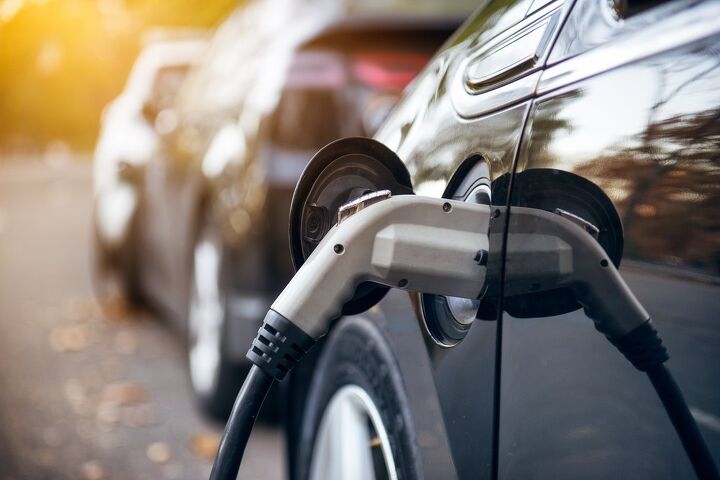Electric vs. Gasoline Cars: Uncovering the Real Climate Savior
Contrary to common misconceptions, electric vehicles (EVs) generally have a smaller carbon footprint compared to traditional gasoline cars. This advantage remains true even when considering the electricity utilized for charging EVs. One key distinction is that EVs produce no direct tailpipe emissions. However, the production of electricity for EV charging can result in carbon emissions, depending on the energy source.
The carbon pollution from electricity varies based on local energy production methods. For instance, electricity generated from coal or natural gas is associated with higher carbon emissions, while renewable sources like wind or solar energy contribute negligible carbon pollution. Despite the variance in electricity production methods, studies indicate that EVs are typically linked to lower greenhouse gas emissions than the average new gasoline vehicle.
The shift towards renewable energy sources further enhances the environmental benefits of EVs. As more renewable energy sources are integrated into the power grid, the overall greenhouse gas emissions associated with EVs can be further reduced. Notably, in 2020, renewable energy sources rose to become the second-most dominant source of electricity in the United States.
Tools to Measure Your EV's Environmental Impact
The Environmental Protection Agency (EPA) and the Department of Energy (DOE) offer valuable resources for assessing the environmental impact of EVs. The EPA's Power Profiler is an interactive tool that provides information about the electricity production mix in different regions. By entering a zip code, users can understand the specific energy sources powering their local area.
Additionally, the Beyond Tailpipe Emissions Calculator, developed by the EPA and DOE, is a user-friendly tool designed to estimate the greenhouse gas emissions from charging and driving an EV or a plug-in hybrid electric vehicle (PHEV). This tool allows users to select specific EV or PHEV models and input their zip code to compare the CO2 emissions from these vehicles with those from gasoline cars. These tools empower individuals to make informed decisions about the environmental impact of their transportation choices.
This article was co-written using AI and was then heavily edited and optimized by our editorial team.
More by TTAC Staff
Latest Car Reviews
Read moreLatest Product Reviews
Read moreRecent Comments
- 3-On-The-Tree Tassos, I’m have several different responses yeti your question.[list=1][*] I didn’t buy the corvette for the sole purpose of highway travail, I got it because my dad had a 57 Corvette with 2 four barrel carbs and. 283 V8. I wanted a corvette and a friend who has a custom car performance shop said to get the newest one you could afford.[/*][*]. Letting a car sit is the worst thing for it so it was my daily driver when I was still in the army 30 miles to the base round trip, 160 miles to Tucson form my doctors appointments and VA stuff. My POS 2014 F150 was constantly in the shop for both turbos, two rear main seals, timing chain, transmission. So I was in the process of selling that.[/*][*]But the most important point is that everyone has an opinion and it doesn’t matter what car a person buys or what they use it for.[/*][/list=1]
- EBFlex About time the corpse does something right.I wonder where he got the idea....
- Ajla And in case anyone was interested, yes this tariff does also apply to Polestars, Lincolns, Teslas, Buicks, etc.
- SCE to AUX NPR had an interesting piece on this situation just yesterday, and it turns out that Biden has actually expanded the Trump China tariffs rather than roll them back.However, rather than using the usual shotgun approach employed by past Presidents, Biden's tariff hikes are directed at green/clean energy items which also include non-automotive things such as solar panels.So it looks like the IRA's selective anti-China incentives are part of a larger green agenda, but the plan could backfire if consumers simply choose non-green products instead.Not to mention that it takes gobs of tax money to create the jobs our leaders promise. One calculation put the cost of each new US job created in the solar panel industry at $800k (grain of salt here).Historically, tariffs have been applied after elections, as a reward to those who supported the winning candidate. Of course, this one is happening before the election. Both have political timing, but their economic benefit is doubtful at best, usually injuring the nation who imposes the tariffs.The EU is also getting in on the act, so we could be facing an economic world war over the sourcing of green products. Sadly, if China wasn't an oppressive communist state, we wouldn't even be having this discussion.
- BlackEldo My initial reaction to the interior was "well, they have to leave something on the table to sell the equivalent-sized Lexus." Then I saw the MSRP...

































Comments
Join the conversation